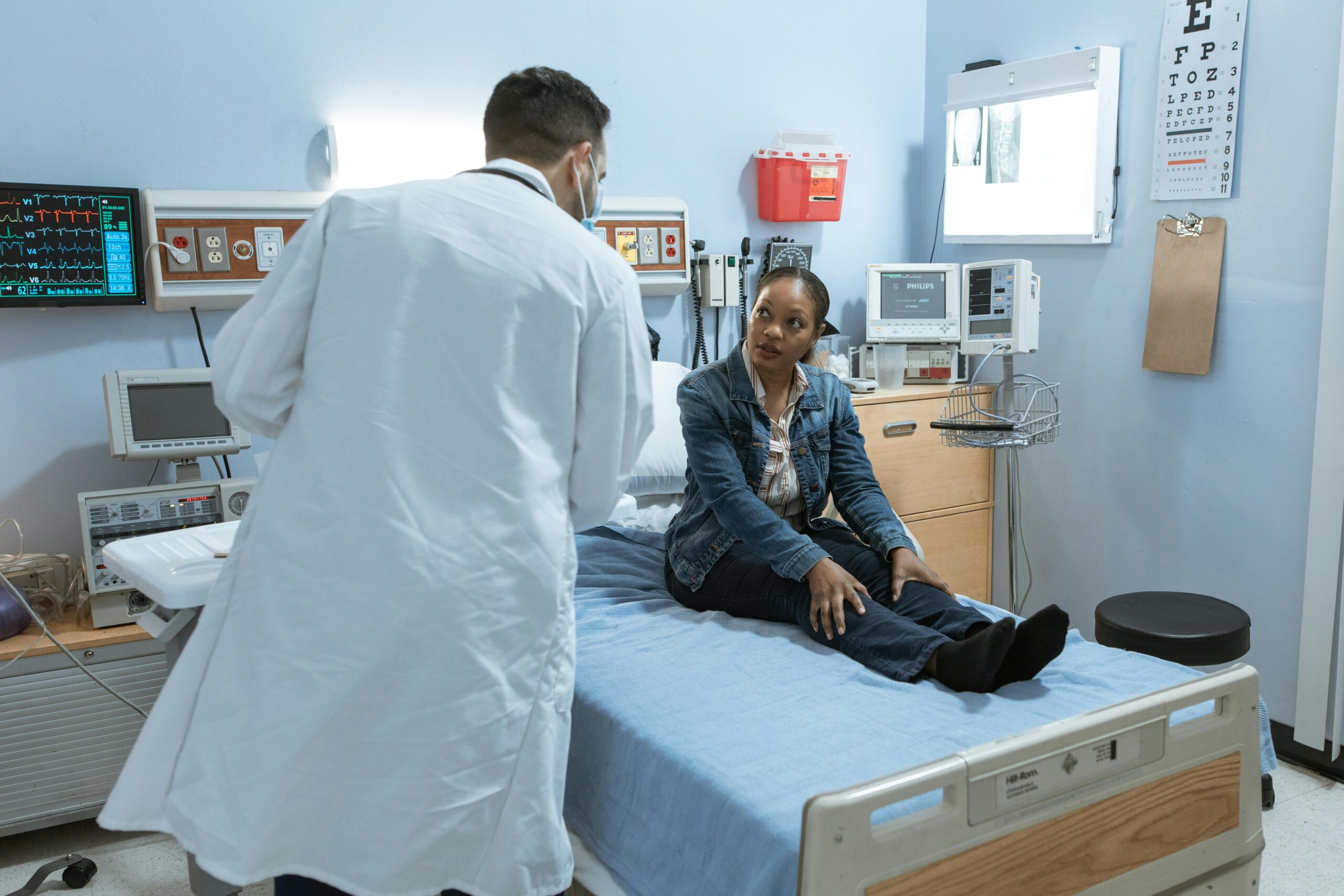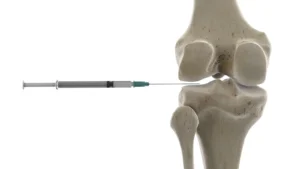Facing an orthopaedic condition can be daunting, but being an active participant in your care is crucial. We believe in patient-centred care and aim to equip you to make informed choices about your health. Asking the right questions during your consultation with your orthopaedic surgeon is key to understanding your condition and feeling confident in your treatment plan, whether it involves knee surgery, shoulder replacement, or non-operative solutions.
Understanding your diagnosis
Before discussing treatment, ensure you fully understand your diagnosis. This is the foundation of an empowered decision.
- What exactly is my diagnosis? Ask for a clear, concise explanation of your condition. Understand the medical terms and how they relate to your symptoms. For instance, if you have knee arthritis, ask about the specific type and severity.
- What is causing my pain/symptoms? Inquire about the underlying reasons for your discomfort or limitations. Knowing the cause can help you understand the purpose of different treatments.
- Are there any other possible diagnoses? It’s reasonable to ask if other conditions were considered and ruled out. This ensures you understand the diagnostic process and feel confident moving on to treatment options.
- What does this mean for my long-term health? Understand the potential progression of your condition if left untreated (natural history), or how the proposed treatment might impact your future joint health.
Exploring all treatment options
Once you understand your diagnosis, it’s time to discuss your path forward. Your orthopaedic surgeon should present a range of options.
- What are all my treatment options, both operative and non-operative? Request a comprehensive overview, from conservative measures like physiotherapy or injections (e.g., steroid joint injections) to surgical interventions like total knee replacement or rotator cuff repair.
- What are the pros and cons of each option for someone like me? Ask for a balanced view, considering potential benefits, risks, success rates, and recovery times specific to your lifestyle and goals. For example, when considering knee replacement surgery, ask about the implications of robotic knee replacement versus traditional methods.
- What happens if I choose not to have any treatment? Understand the natural history of your condition and what might occur if you opt for no intervention at this time.
- What is your experience with this specific treatment? Enquire about your orthopaedic surgeon’s experience with the recommended procedure. For example, if you need an ACL replacement, ask about their expertise in ACL reconstruction.
Preparing for and recovering from treatment
If surgery is a consideration, understanding the process and recovery is vital for a smooth journey.
- What does the preparation for this procedure involve? Inquire about any pre-operative assessments, tests, or lifestyle adjustments you might need to make before a procedure like a shoulder stabilisation or reconstruction.
- What is the expected recovery time, and what does it entail? Get a clear picture of the timelines for pain management, weight-bearing restrictions, use of assistive devices (e.g., crutches or a sling), and return to daily activities, including driving and work.
- What kind of rehabilitation or physical therapy will I need, and for how long? Understand the importance of physical therapy for knee replacement or other surgeries, and how it fits into your overall recovery.
- What are the potential complications, and how are they managed? Discuss potential risks and how the clinic handles any adverse events, demonstrating their commitment to high quality safe care.
- How will my pain be managed during and after the procedure? Discuss the pain management plan to ensure your comfort throughout recovery.
- What are the long-term outcomes for this treatment? Ask about the expected longevity of results, potential for future issues, or the need for revision surgery (e.g., for knee replacement).
What are the out-of-pocket costs, and how do I understand the full financial picture? Inquire about all fees involved, including Surgeon, Surgical Assistant, Anaesthetist, Hospital, and Implant costs. Your clinic should provide informed financial consent.
Taking control of your healthcare journey starts with informed questions. If you’re ready to discuss your Knee and/or Shoulder concerns and value clear communication, Request a Consultation with Dr Bradley Richmond.




